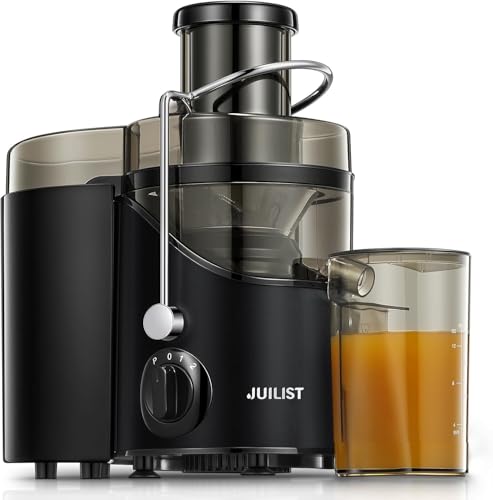Understanding Inflammation and Its Effects on the Body
Before diving into whether juicing can help with inflammation, it’s crucial to understand what inflammation is and what it does to our bodies. Inflammation is the body’s natural response to protect itself against harmful stimuli, such as pathogens, injuries, and toxins. When our bodies detect any of these stimuli, our immune system activates and starts attacking the source of the problem. This process leads to inflammation, which is usually characterized by swelling, redness, warmth, and sometimes pain.
What Are the Causes of Inflammation?
Many factors can trigger inflammation, including an unhealthy diet, chronic stress, lack of sleep, physical inactivity, and environmental toxins. Some medical conditions such as arthritis, asthma, and autoimmune disorders can also cause chronic inflammation. Therefore, adopting a healthy lifestyle that involves exercising regularly, getting enough sleep, reducing stress, and eating a balanced diet can prevent or mitigate inflammation.
The Potential Benefits of Juicing on Inflammation
Juicing refers to the process of extracting juice from fruits or vegetables using a juicer or blender. Juices made from fresh, whole fruits, and vegetables can provide essential nutrients that our bodies need, such as vitamins, minerals, and antioxidants. Moreover, some research suggests that certain fruits and vegetables, such as berries, ginger, kale, and turmeric, have anti-inflammatory properties that can help reduce inflammation and its related symptoms.
How to Make Anti-Inflammatory Juices
To reap the benefits of juicing for inflammation, it’s essential to choose the right ingredients. Some of the best anti-inflammatory juices include green juices made from kale, spinach, cucumber, and parsley; turmeric and ginger shots; and berry smoothies made with blueberries, raspberries, and strawberries. To make the most of these ingredients, it’s advisable to use organic, fresh produce, and drink the juice immediately after preparation to avoid oxidation that can diminish its nutritional content.
The Bottom Line
While juicing alone cannot cure inflammation or replace medical treatment, it can be a helpful addition to a healthy lifestyle that aims to reduce inflammation and promote overall well-being. Drinking fresh, nutrient-rich juices made from anti-inflammatory ingredients can provide our bodies with the nutrients they need to function optimally and fight inflammation. However, it’s crucial to consult a healthcare provider before making significant dietary changes, especially if you have any underlying health conditions.






